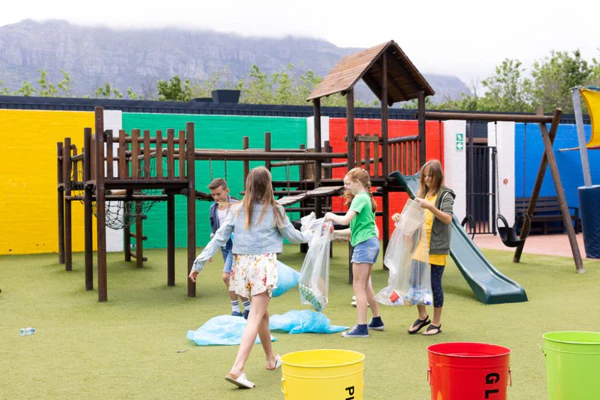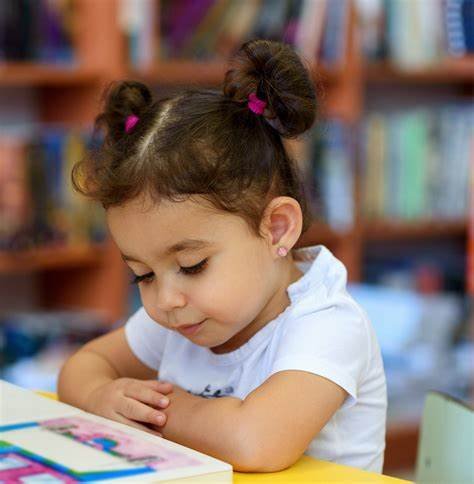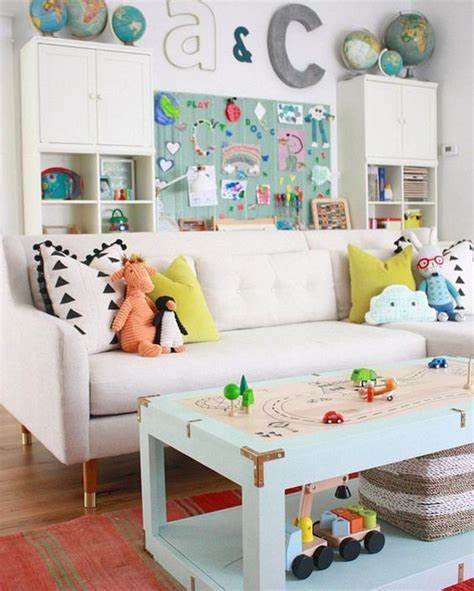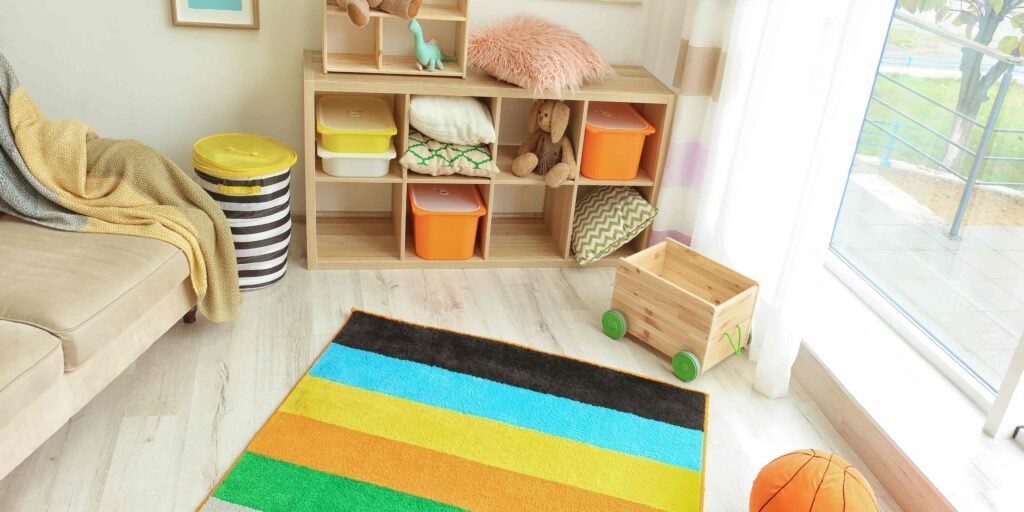Play spaces are much more than just areas for physical activity—they are essential environments for promoting social development in children. Whether indoors or outdoors, play spaces provide opportunities for children to interact with their peers, develop communication skills, and engage in cooperative activities. In this article, we explore how play spaces contribute to children’s social growth, including the ways they help foster important social skills such as sharing, teamwork, and conflict resolution.
Encouraging Communication Skills
Play spaces are ideal environments for children to practice and improve their communication skills. As children interact with their peers during play, they learn how to express themselves, listen, and understand others. For example, when playing a game together, children must communicate their ideas, follow instructions, and negotiate rules. This process helps them develop vocabulary, speaking skills, and the ability to express their thoughts clearly. Moreover, engaging in pretend play—such as role-playing games or storytelling—also enhances a child’s ability to use language creatively and collaboratively.
Fostering Cooperation and Teamwork
One of the key benefits of play spaces is their ability to encourage cooperation and teamwork. Many activities, such as building structures with blocks, organizing group games, or playing team sports, require children to work together toward a common goal. Through these activities, children learn to share ideas, take turns, and contribute to a group effort. They also discover the importance of mutual respect, compromise, and supporting one another. Teamwork fosters a sense of belonging and helps children understand the value of collaboration in achieving shared objectives.
Teaching Conflict Resolution
Conflict is a natural part of social interactions, especially among children. Play spaces provide the perfect context for children to navigate and resolve conflicts in a constructive way. Disagreements can arise over toys, turns, or differing opinions during play. In these situations, children learn essential conflict resolution skills, such as negotiation, finding compromises, and understanding different perspectives. Guided by caregivers or peers, children can learn to express their feelings, apologize, and find solutions that satisfy all parties involved. These experiences build emotional intelligence and help children become more empathetic and emotionally resilient.
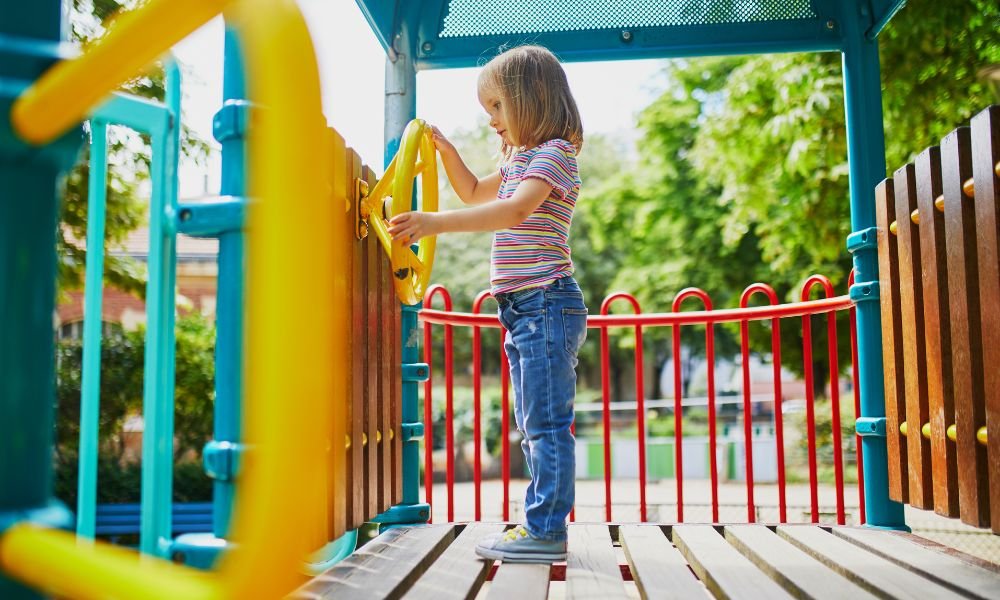
Building Empathy and Emotional Intelligence
Play spaces also support the development of empathy and emotional intelligence. As children interact with others, they begin to recognize and respond to emotions—both their own and others’. Through role-playing and social interactions, children gain insights into how different emotions, such as happiness, frustration, or sadness, can impact behavior. Learning to identify and manage emotions allows children to develop empathy, the ability to understand and share the feelings of others. This emotional awareness is crucial for building positive relationships and supporting social cohesion in play.
Encouraging Peer Relationships
Play spaces offer children the opportunity to form and strengthen peer relationships. Socializing in these spaces helps children build friendships, trust, and a sense of community. Through shared play experiences, children learn how to establish bonds, cooperate, and support one another. These friendships provide a foundation for social learning and emotional support, helping children develop important interpersonal skills that they will carry with them into other areas of life, such as school and later relationships.
Promoting Inclusion and Diversity
Well-designed play spaces can also promote inclusion and diversity. By providing a variety of activities and spaces that cater to different abilities and interests, play areas encourage children from diverse backgrounds to participate and interact. This inclusivity helps children appreciate and respect differences, learn about cultural diversity, and engage in collaborative play with peers from various walks of life. These interactions promote social harmony and tolerance, preparing children for the diverse world in which they live.
Enhancing Leadership Skills
In some play scenarios, children naturally take on leadership roles. Whether organizing a game, leading a group in building a fort, or taking charge during a team sport, children have the chance to practice leadership skills. In play spaces, children learn how to guide others, make decisions, and motivate their peers. This process fosters a sense of confidence and responsibility, helping children understand the dynamics of leadership and teamwork.
Conclusion
Play spaces are vital for supporting the social development of children. They provide an environment where children can develop and refine important social skills, such as communication, cooperation, and conflict resolution. Moreover, these spaces encourage empathy, emotional intelligence, and the formation of meaningful peer relationships. By fostering inclusivity, leadership, and teamwork, play spaces help children build the foundation for successful social interactions and positive relationships throughout their lives. As such, these environments play a crucial role in nurturing well-rounded, socially adept individuals.







